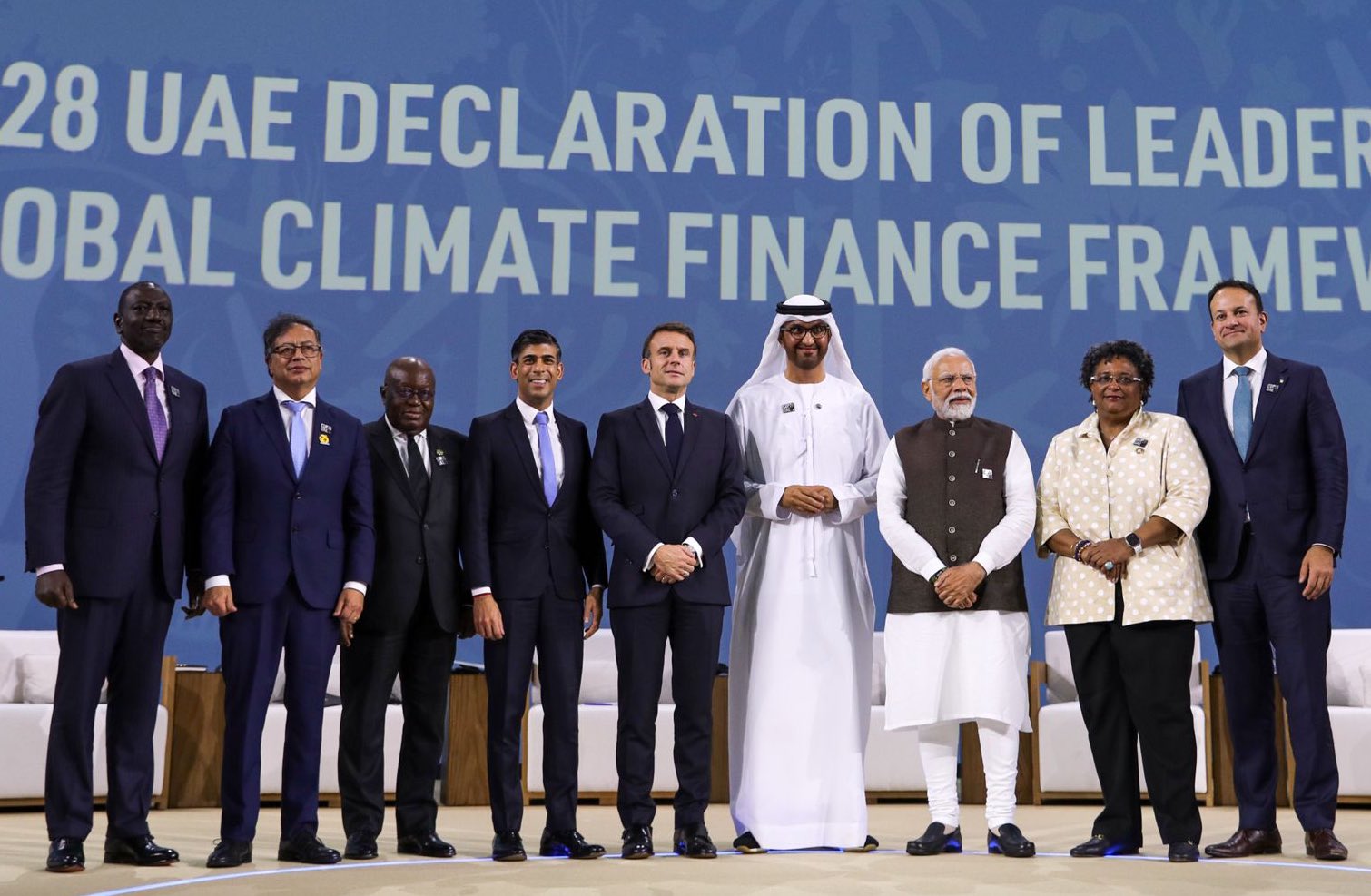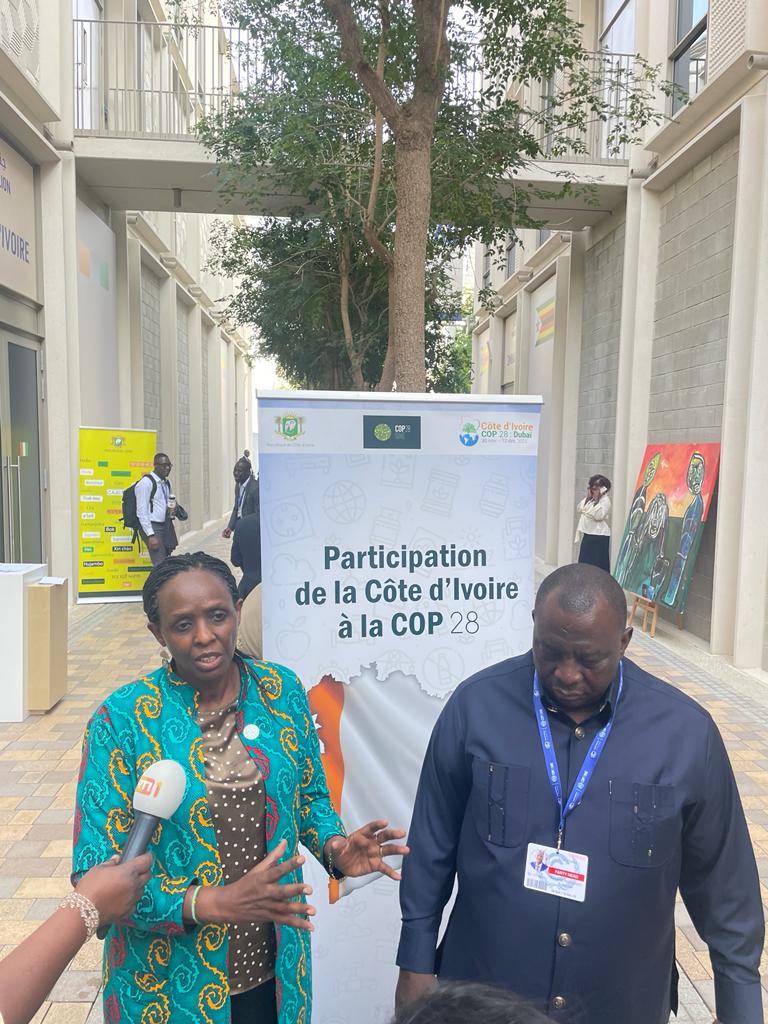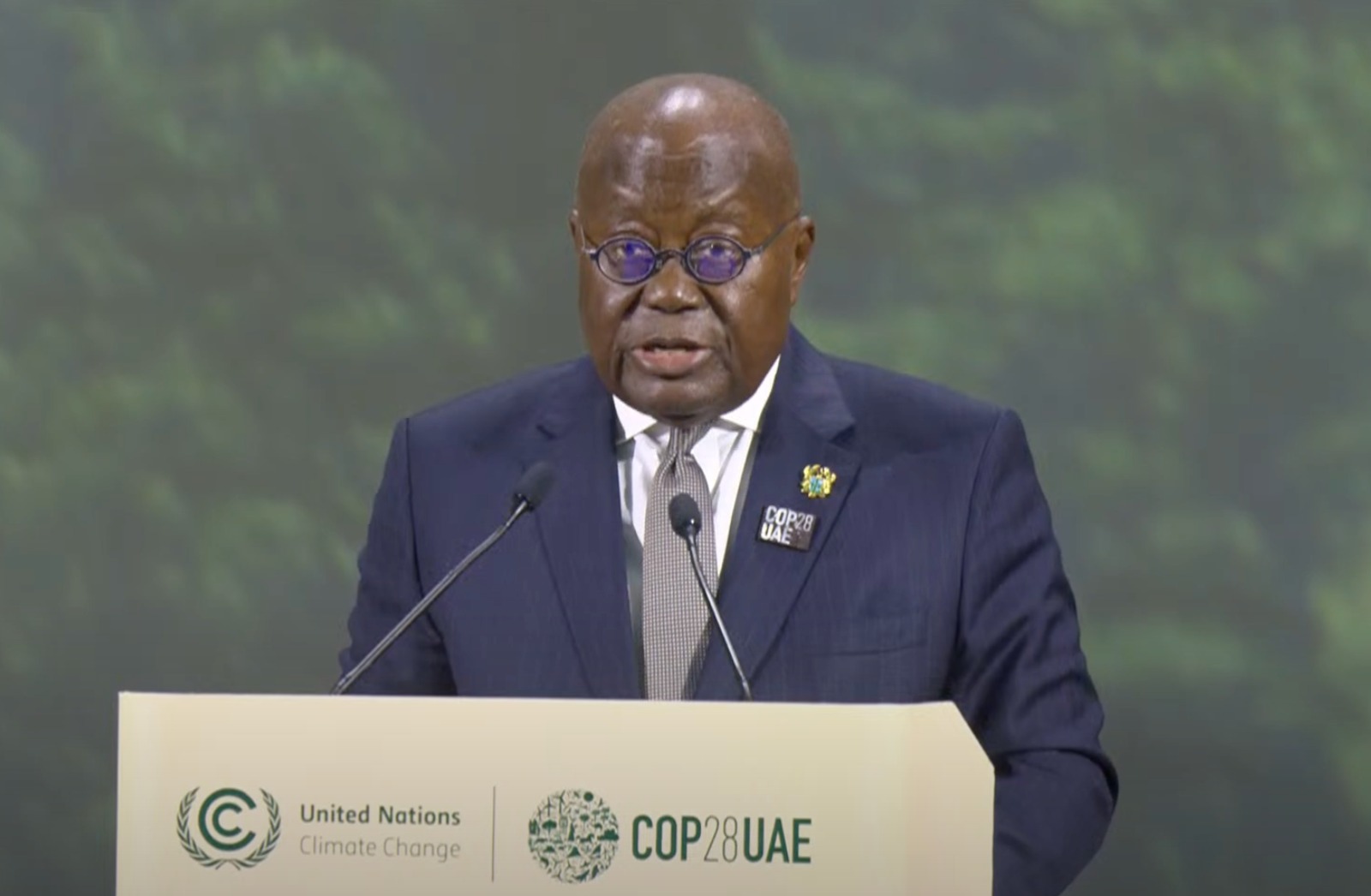
President of AGRA Dr. Agnes Kalibata says there is a need for enhanced investments in efforts to strengthen the resilience of African smallholder farmers so they can deal with the negative impact of climate change. She says small and medium enterprises (SMEs) operating in the agricultural value chain also deserve similar support, which she says is necessary to enhance food security on the continent.
Speaking at a media briefing alongside Côte d’Ivoire’s Minister of Agriculture and Rural Development Kobenan Kouassi Adjoumani at the ongoing COP28 in Dubai, Dr. Kalibata said there is a need for a transformation of Africa’s food systems. She says such efforts are necessary to enhance the capacity of smallholder farmers and SMEs “to generate jobs for youth.”

Dr. Kalibata is one of over 70,000 participants, including heads of state, government officials, international industry leaders, private sector representatives, academics, experts, youth, and non-state actors, who have gathered at the United Nations’ Climate Change Conference of Parties (COP28). Hosts, the United Arab Emirates (UAE) says it is leading a process for all parties to agree upon a clear roadmap to accelerate progress through a pragmatic global energy transition and a “leave no one behind” approach to inclusive climate action.
Over the weekend, the president of COP28 announced the conference has put food systems transformation on global climate agenda, with a range of initiatives supporting food and climate action announced during the first thematic session of the World Climate Action Summit.
“Today signals a turning point, embedding sustainable agriculture and food systems as critical components in both dealing with climate change and building food systems fit for the future. Together we will deliver lasting change for families, farmers and the future,” Mariam bint Mohammed Almheiri, UAE Minister of Climate Change and Environment and COP28 Food Systems Lead, said.
She said more than $2.5 billion has been mobilized by the global community to support the food-climate agenda. “There is no path to achieving the goals of the Paris Climate Agreement and keeping 1.5C within reach, that does not urgently address the interactions between food systems, agriculture, and climate,” she said.
“Countries must put food systems and agriculture at the heart of their climate ambitions, addressing both global emissions and protecting the lives and livelihoods of farmers living on the front line of climate change. Today’s commitment from countries around the world will help to build a global food system fit for the future,” she added.
Over 130 countries have signed up to the leaders-level ‘COP28 UAE Declaration on Sustainable Agriculture, Resilient Food Systems, and Climate Action’. Endorsement of the declaration will help in strengthening food systems, building resilience to climate change, reducing global emissions, and contributing to the global fight against hunger, aligned with the UN Sustainable Development Goals (SDGs).

President Nana Akufo-Addo in a speech to the World Climate Action Summit said Ghana as an ocean economy and a forest economy considers the environment as a “very important part of our national economy.”
He said Ghana has an ambitious vision that will “strengthen our economy, restore our abundant forests, meaningfully reduce our greenhouse gas emissions, booster cocoa production, position us as global leaders of sustainable timber, and scale up our tourism potential and at the same time being able to create jobs and livelihoods for our people.”



